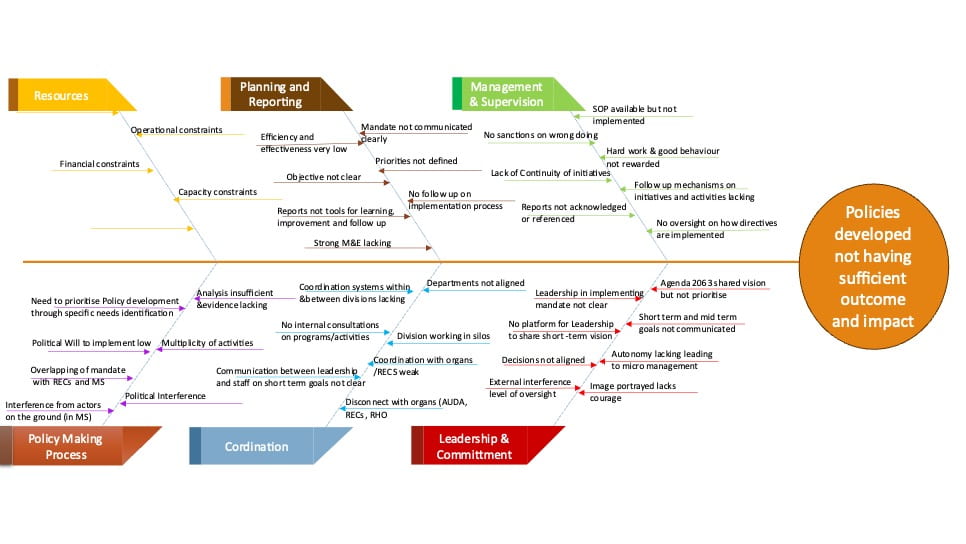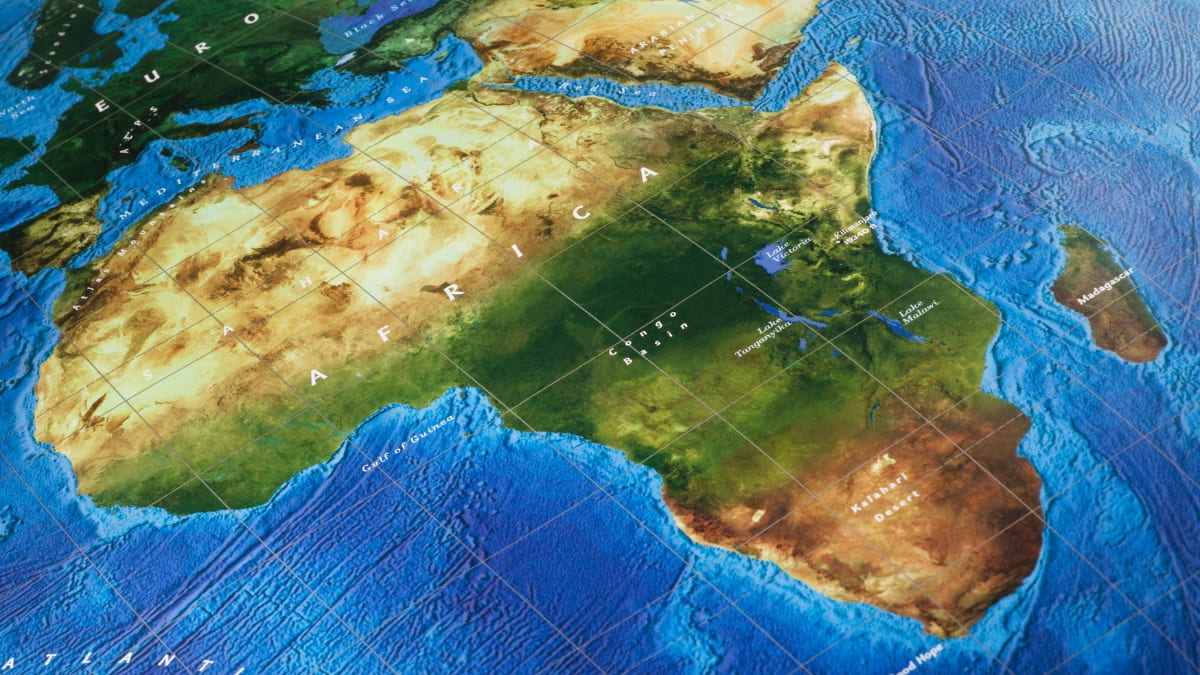Guest blog by Sheila Shawa, IPP ’23
My journey on implementing public policy I am only realising now, started in the early years on my career in the public sector. I always felt that the policies that were developed did take into consideration the context of the intended communities. I kept wondering if things could be done any better. As life would have it, I found myself in an organisation where policy was developed and I did my best to improve the process including providing sufficient information beforehand during the development process, ensuring that the relevant stakeholders (especially the beneficiaries of the policy) where consulted during the process and feedback was received, and with the feedback coming up with a policy that was aligned to address the needs at community level through a people driven approach. The policies promote Country leadership and ownership so that the solutions are tailored to the needs of the beneficiaries . I felt that getting the process right and ensuring that the policy is as demand driven as possible, implementation would be much easier, but this is rarely the case. The impact is there to a certain degrees but much less than expected and so when I heard about IPP, I was very excited and registered for the course.
One of the lessons I learnt early on was that because my problem was complex, I should not expect a straight forward solution and so in this case, the problem will be managed but not necessarily be solved. This led me to thinking more of improving the outcomes leading to a possible solution in future. I also realised that there is a lot of internal and external influence at different levels which would be outside our mandate and control. I also learned that I was shortsighted when looking at the problem because I thought it was mainly because countries did not implement the policies, mostly obvious reason being insufficient resources (both financial and human leading to lack of capacity to implement). PDIA has helped me realise that it is not always about resources but what you can do with what is available.
So, getting to Harvard, I had a problem statement (and a possible solution of what should be done to solve it) till I started deconstructing my problem and reconstructing it. Took me longer to reconstruct my problem as I needed have meeting with colleagues from different department in my organisation to get a bigger picture and that is when I had my ah ha moment. My problem was not new, most of my colleagues were aware and had accepted the status quo because it seemed unsurmountable. My view was one sided and even though countries were not implementing the policy for the intended impact, some of the factors that lead to this could be addressed and improved on internally. I then changed the problem statement to focus on what was within our control as an organisation, I realised that most of the areas that needed improvement did not require the mobilisation of resources but could be done through implementing the already set up organisation rules and deliberate effort by different departments to coordinate our activities. So the what is needed is the acceptance to change status quo. Some challenges such as leadership and supervision will require a bit more effort to improve on but a good number of the changes require building in check and balances in the system to improve performance (something which already been happening). Coordination is not always as individual tend to work in silos but ensuring integration of policy implementation would within the different units would strength the impact and save on time and costs.
I made a lot of progress in reconstructing the problem and getting colleagues to provide more insight in defining the problem. I think if I did not have the opportunity to interview colleagues and hear their views on this challenge, I would not have had an in-depth understanding of the problem. It would have been very frustrating to believe that the solution lies outside our control and there is very little that can be done because of the complexity of the problem. At the moment, I am very hopeful that once I get enough authorisers on board, we will be able to advocate for the implementation of a few changes at a time which will improve our performance as an organisation and lead to better outcomes in terms of how the countries implement policy, as will be able to jointly monitor and build accountability mechanism. Understanding what the challenges are and why is a good place to be at as it provides an opportunity to come up with ways manage the problem. Our organisation as had a number of reforms in the past, with the most recent one in the past couple of years and we are currently implementing the reforms. However, the process has been very challenging and this has taken a toll of the personnel as people have been unsure of their future. This has led to low moral and has affected performance. There has been a lot of internal and external influences and now the process is on hold, creating so much uncertainty. I also need to mention that the process has been costly.
Comparing the current situation and addressing a challenge through PDIA clearly show that reforms for such a big organisation should be broken down in units or department over a period of time and not at the same time. This also serves time.
The PDIA approach has changed the way I tackle programs in general. Although I started working on it as part of my course work, I have applied it to other areas of my life. It helps to know that you can always use what you have available to make minor changes that can help you address a challenge. It is not always about having financial resources to address challenges. I am using what I have learned in this course to apply to other areas of my life. There are so many lessons on leadership, resilience, delegation, development, governments, self care and so much. I have appreciated that the course is all encompassing. One of the most important highlights is that the course is practical, I have started this journey and though I am not at a place I thought I would be at in addressing this challenge due external factors, I intend to continue with the process till there is some progress in the way policy in being implemented in African Countries, noting that it will be small steps that will eventually lead to a bigger outcome.
My words of wisdom are: What little changes can we make with what is available to us? Yes it may be a complex but just understanding the problem is a step in the right direction and so lets keep on working towards the improving the implementation of public policy on step at a time!

This is a blog series written by the alumni of the Implementing Public Policy Executive Education Program at the Harvard Kennedy School. 47 Participants successfully completed this 7-month hybrid program in December 2023. These are their learning journey stories.
